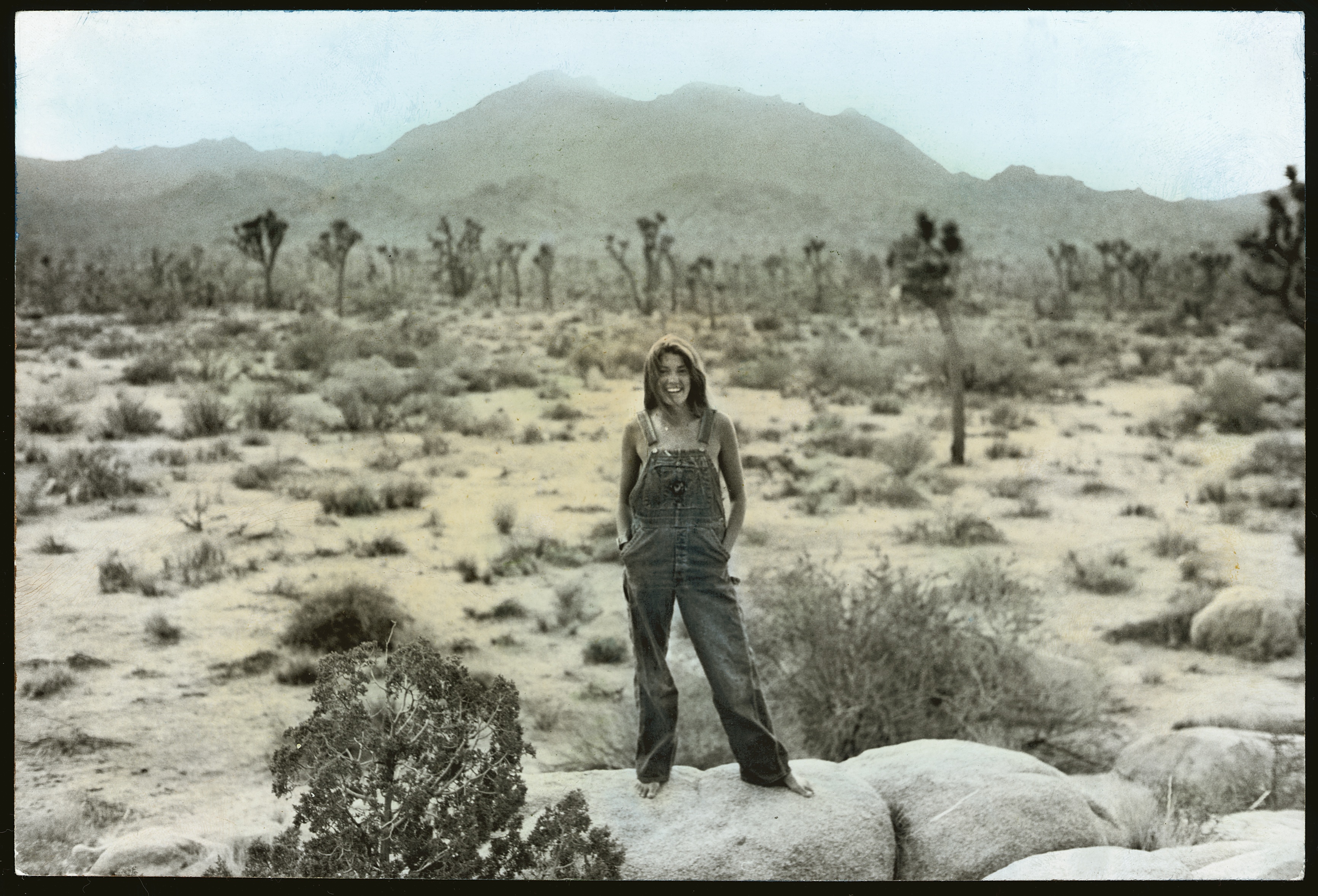The Sound of Social Change: A History of Women’s Music

"The Sound of Social Change: A History of Women’s Music" examines the creation of the genre of women’s music and its social, cultural and political influences, legacies and implications.
Women’s music emerged in the 1970s as a stylistically diverse genre of music characterized by a background in second wave feminist and lesbian separatist activism, an emphasis on community and an insistence on supporting women at every level of musical production. Over the last five decades, women’s music has offered soundtracks for women’s personal awakenings to the possibilities and conflicts presented by lesbian identity in the U.S. This body of work changed the consciousness of women and brought together a diverse set of issues including gender, sexuality, feminism, art and activism as well as the environment, climate change and indigenous rights.
This project attempts to recover this largely overlooked history and its deep and rich implications, particularly its democratic organization and financial independence, which created complex critiques of capitalism and consumerism. "The Sound of Social Change" examines this history through the story of Olivia Records and its most prominent singer-songwriter, Cris Williamson, who is credited with co-founding and sustaining women’s music; in 1975, she recorded "The Changer and The Changed" for Olivia Records, which remains one of the best-selling independent albums of all time. This history is integral to contemporary paradigms for conceptualizing gender, sexism, sexuality, racism, activism, art and music, and this project aims to show the ways the currencies and controversies of women’s music history remain relevant today.
Photo credit: Cynthia McAdams
Julia Himberg | Associate Professor of Film and Media Studies, Department of English